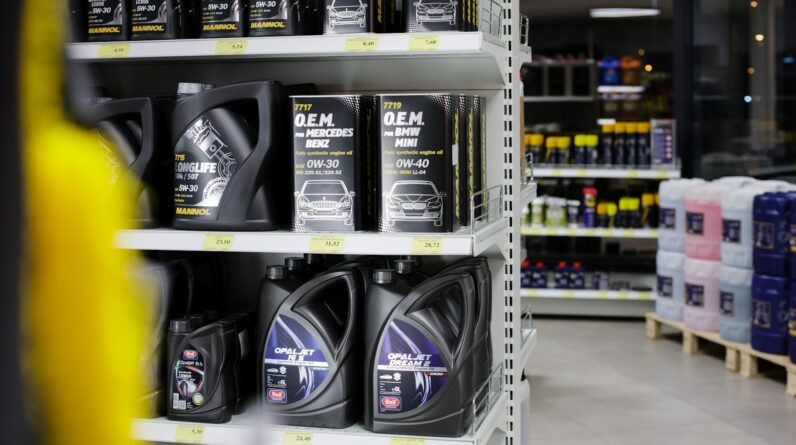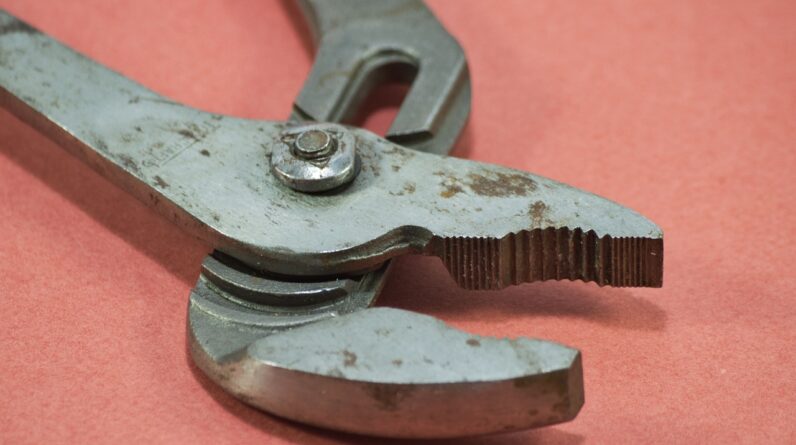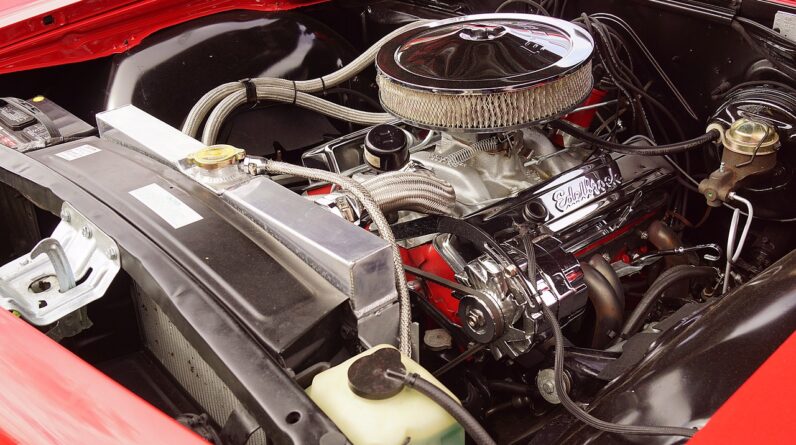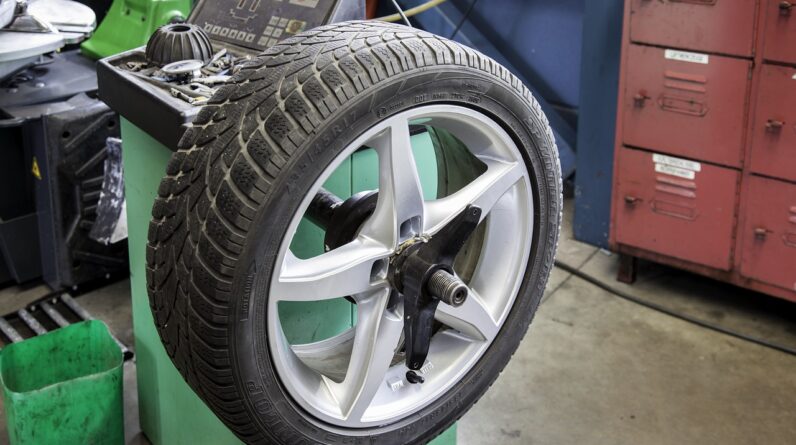
Discover top car repair solutions to save time & money! Learn vital maintenance tips, common issues, DIY tricks, and when to see a professional. Stay road-ready.
Have you ever found yourself stuck on the side of the road, scratching your head, wondering how to fix that unexpected car issue? It’s a frustrating experience, but the good news is there are effective car repair solutions that can save you time and money. Today, I’ll be sharing some of the best tips and tricks that I’ve come across over the years to keep your vehicle running smoothly.
Routine Maintenance
Routine maintenance is the unsung hero of car repair solutions. Regular check-ups can help you avoid more serious issues down the road.
Oil Changes
Oil is the lifeblood of your car, and it needs to be changed regularly. Most experts recommend changing your oil every 3,000 to 5,000 miles. This keeps the engine running smoothly and prevents buildup.
Tire Rotation
To extend the life of your tires, you should rotate them every 5,000 to 8,000 miles. This ensures even wear and tear, which means you won’t have to replace them as often.
Brake Checks
Your brakes are perhaps the most critical component of your car when it comes to safety. Regular brake checks can help you catch worn-out pads or other issues before they become dangerous.
Identifying Common Issues
Understanding some of the common problems your car might face can equip you with the knowledge you need to tackle them head-on.
Battery Problems
You’re running late, you hop into your car, turn the key, and nothing happens. Battery issues are one of the most common car troubles. Make sure to keep jumper cables in your car and know how to use them.
Flat Tires
Flat tires are a nuisance, but they are usually easy to fix. Knowing how to change a tire can save you from waiting hours for roadside assistance. Keep a spare tire and a jack in your vehicle at all times.
Engine Overheating
An overheating engine can stop you in your tracks. Check your coolant levels regularly and carry extra coolant in your trunk for emergency situations.

Tools You Should Have
Having the right tools on hand is half the battle. Here are some essential items you should always keep in your car.
Basic Tool Kit
A basic tool kit should include:
| Tool | Purpose |
|---|---|
| Screwdrivers | Removing/installing screws |
| Wrenches | Tightening/loosening nuts and bolts |
| Pliers | Gripping, cutting |
| Socket Set | Handling various fasteners |
| Tire Pressure Gauge | Checking tire pressure |
| Car Jack | Lifting vehicle to change tires |
| Jumper Cables | Jump-starting a dead battery |
Emergency Supplies
Emergencies can happen at any time. Having a kit with first-aid supplies, a flashlight, and emergency blankets can be a lifesaver.
DIY Solutions
Sometimes, you don’t need a mechanic to fix your car. Here are some DIY solutions that, with a bit of time and patience, can be done by almost anyone.
Replacing Windshield Wipers
Your windshield wipers are critical for visibility. Replacing them is straightforward. Simply unhook the old wiper blades and snap the new ones into place.
Changing Air Filters
A clogged air filter reduces your car’s efficiency. Locate the air filter box, remove the old filter, and replace it with a new one. This can usually be done in a matter of minutes.
Fixing Minor Dents
Minor dents and dings are an eyesore but are often fixable. Depending on the severity, you might be able to use a specialized tool to “pop” the dent back out.

When to Seek Professional Help
Not all car problems can be fixed with a DIY approach. Knowing when to see a professional can save you time and further complications.
Complex Electrical Issues
Unless you’re an electrical expert, complex wiring and electrical issues are best left to professionals. Incorrect handling can lead to more severe problems.
Transmission Problems
The transmission is a complicated system. If you notice issues with shifting gears or strange noises, it’s best to consult a mechanic.
Severe Engine Problems
While minor issues can be addressed at home, severe engine problems require a professional diagnosis. This ensures the problem is found and fixed without causing additional damage.
Regular Check-Ups
Much like regular check-ups at the doctor, periodic inspections by a certified mechanic can catch issues before they become major problems.
How Often Should You Go?
A good rule of thumb is to have your car professionally checked at least once a year. Depending on your driving habits, you might need more frequent visits.
What to Expect
During a check-up, the mechanic will inspect the car’s core systems: engine, brakes, transmission, and electrical. They’ll also check for any recalls or updates needed for your vehicle model.

Improving Fuel Efficiency
Maximizing your fuel efficiency can save you money and lessen your environmental footprint. Small adjustments can make a big difference.
Driving Habits
Smooth acceleration and braking can improve your fuel efficiency. Sudden starts and stops consume more fuel. Additionally, reducing your speed on highways can save gas.
Tire Maintenance
Under-inflated tires can increase fuel consumption. Regularly check your tire pressure and keep it at the recommended level.
Reduce Weight
Remove unnecessary items from your car to reduce weight. The lighter your vehicle, the less fuel it needs to move.
Car Care Tips for Different Seasons
Different seasons bring different challenges for your car. Here’s a quick guide on keeping your vehicle in top shape year-round.
Winter
In winter, keep an eye on your battery, as cold weather can affect its performance. Use antifreeze to protect your engine, and make sure your tires are fitted for snow and ice.
Summer
Summer heat can be tough on your car. Ensure your cooling system is in good working order, and check your tire pressure more frequently, as heat can cause it to fluctuate.
Spring and Fall
Spring is the perfect time for a thorough inspection after winter driving. Check for any wear and tear from the cold months. In the fall, prepare your car for winter by checking the battery, antifreeze levels, and tire tread.

Extending Your Car’s Lifespan
Keeping your car in good condition over the years takes more than just fixing issues as they arise. Here are some tips to extend your vehicle’s lifespan.
Follow Manufacturer’s Guidelines
The manufacturer knows your vehicle inside and out. Following their maintenance guidelines can keep your car running smoothly for longer.
Use Quality Parts
When replacing parts, opting for high-quality components can make a big difference in performance and longevity.
Keep it Clean
Regularly wash and wax your car. Dirt and grime can cause damage over time, and keeping it clean helps you spot any potential issues early.
Understanding Warranties
Warranties can be a lifesaver when something goes wrong. Understanding the different types of warranties can help you make the most of them.
Manufacturer’s Warranty
This usually covers a specific period or mileage and includes most mechanical components. Always check the details so you know what is covered.
Extended Warranty
An extended warranty can be purchased to cover repairs after the manufacturer’s warranty expires. It can be a good option if you plan to keep your car for a long time.
Powertrain Warranty
This specifically covers the engine, transmission, and other key components. It usually lasts longer than the general manufacturer’s warranty but covers less.
Car Repair Myths
There’s a lot of misinformation out there about car repairs. Here are some common myths debunked.
Premium Gasoline is Always Better
Unless your car specifically requires premium gasoline, using it won’t improve performance or efficiency significantly.
Warm Up Your Car Before Driving
Modern engines don’t need more than a few seconds to warm up. Letting your car idle for long periods is just a waste of fuel.
You Need an Oil Change Every 3,000 Miles
While frequent oil changes were necessary years ago, modern engines can often go 5,000 to even 10,000 miles between changes. Check your owner’s manual for specific recommendations.
Conclusion
Taking care of your car might seem daunting, but with the right knowledge and tools, it becomes a matter of routine. From regular maintenance and understanding common issues to knowing when to seek professional help and how to handle emergencies, being proactive can save you both time and money. Embrace these car repair solutions and keep your vehicle in peak condition for years to come. Remember, the road is always going to be smoother when you’re well-prepared.
So next time, when you find yourself dealing with car troubles, you’ll know just what to do to get back on track without breaking a sweat!






